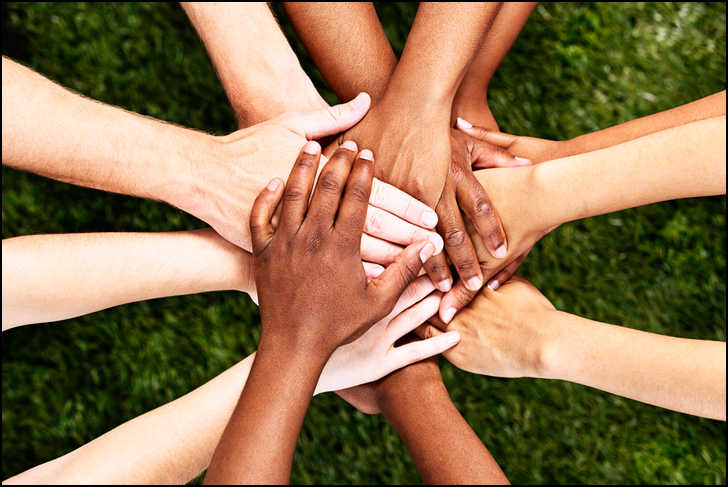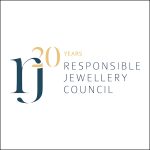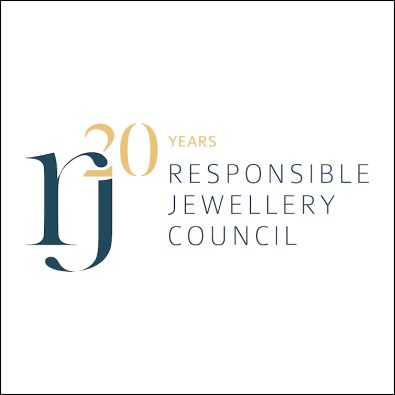An Introduction to – Human Rights

Human rights is an issue of tremendous importance and vast impact, affecting everyone regardless of age, race, location or wealth.
In fact, the United Nations General Assembly meeting in a matter of weeks, will convene in New York to strengthen the global agenda on this issue for years to come.
While an important milestone like this should be applauded, it can sometimes be difficult to engage in what’s covered at these kinds of multilateral meetings. We all recognize the importance of human rights but can sometimes feel disconnected from the outcomes of such events.
In this month’s blog, the Responsible Jewelry Council (RJC) will highlight the basic principles of Human rights, showing how Small-to-Medium size enterprises (SMEs) can engage in meaningful ways on this issue and illustrate that anyone can make an impact at the local level.
Let’s start with looking at the definition of human rights:
According to the United Nations (UN), “Human rights are rights inherent to all human beings, regardless of race, sex, nationality, ethnicity, language, religion, or any other status. Human rights include the right to life and liberty, freedom from slavery and torture, freedom of opinion and expression, the right to work and education, and many more. Everyone is entitled to these rights, without discrimination.”
While we can all agree this definition is clear and compelling, we’re left with a critical question: how do these rights translate into action for businesses?
To answer this, a brief review of relevant legislation is needed.
Arguably, the most important piece of legislation for Human rights is the Universal Declaration of Human Rights (UDHR). This was adopted by the United Nations General Assembly on December 10, 1948. This document was created to address the atrocities of World War II and includes 30 Articles. These articles protect human rights on a range of topics, from being born free and equal in dignity and rights, to freedom of religion, protection from torture and the right of asylum from persecution.
Human rights risks may feel far away from your business, but Human Rights abuses or impacts can be found in any country, sector and workplace.
You likely already have been dealing with human rights risks within your own business, perhaps without connecting human rights language to it. Examples include:
- Your health and safety procedures
- Providing a safe workplace
- Your working hours policy
- Paying your employees correctly
- And ensuring there is no workplace discrimination
The UN Guiding Principles make it clear that small businesses also have a responsibility to respect human rights. SMEs often have less capacity and more informal structures than larger companies. A more informal approach to respecting human rights can still be effective, as long as there is a policy, a fit-for-purpose due diligence process and a process to enable remedy.
That’s the big picture on Human rights, but what specifically, can you do about it?
We’re glad you asked. RJC’s new Human Rights Due Diligence toolkit, which has just launched, is available to the entire watch and jewelry industry, regardless if you are a member or not!
The toolkit features key enhancements, including context on Human Rights and what due diligence means for the industry. It provides practical steps to carry out due diligence and how these steps can vary based on a company’s size and role. Each step includes a practical set of tools, including templates, forms, and checklists to simplify the human rights due diligence process as much as possible, particularly for smaller businesses.
Topics as important as this should be prioritized in every industry across the board. Importantly, the RJC understands that this can be daunting and many misunderstand how it applies to small businesses. The clear, holistic and actionable nature of this toolkit takes all that into account.
No matter what size a company is, it can make a difference to not only individuals working within the industry, but will have a positive ripple effect on families, communities and nations.
As always, we are here to help you. Even if you are not a member and you would like support or guidance on how you can make a change, email us at: membership@responsible.jewellery.com and we would be more than happy to help!








